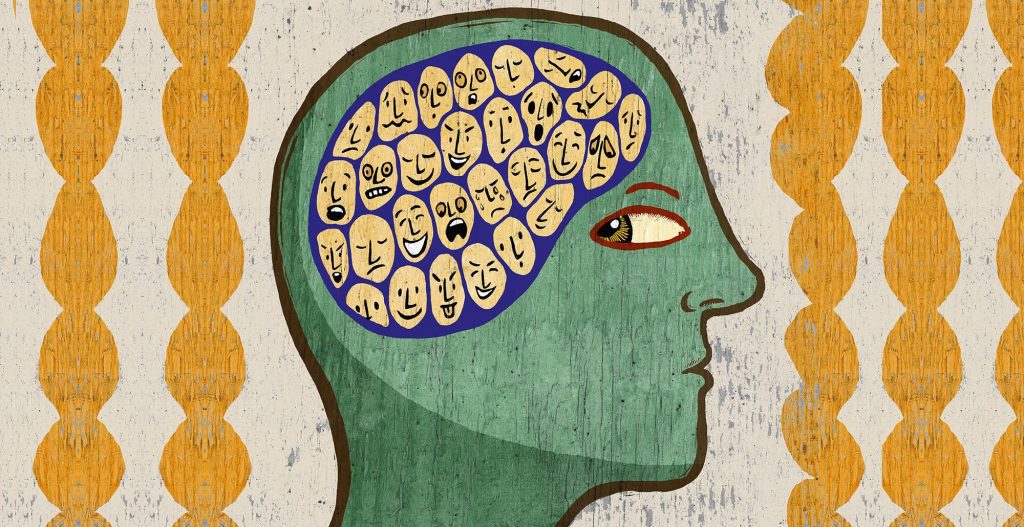IFS therapy sessions can take the form of traditional speech therapy, but the therapist can choose to focus on the individual's internal environment and help the individual relate the different parts to himself.
For example, an alcoholic may be asked to relax, take deep breaths, and try to feel a part of himself so that he wants to continue drinking. This part can be identified by bodily senses, visual imagery, or mental awareness of the part's existence. Internal family systems (IFS) therapy sessions will help the patients in many ways.

Image Source: Google
Since the patient is now focused on the internal environment, the therapist can ask how the person feels about this part. The person may report feelings of shame, disgust, anger, or even fear.
Then the therapist usually explains the need to identify the cause of the action of the section and often encourages the caregiver to "reduce" the volume of fear, hatred, disgust, or shame over the part by carefully making clear the section.
It can explain how they behave in a way that helps individuals deal with the difficult problems they face. At this stage, the therapist can instruct the treated person to ask the unit if they would like to stop their action if other effective coping mechanisms are used.
These parties may very much doubt that other methods can help individuals deal with it, but they are still willing to try this method because it has nothing to lose. With permission, therapists often help individuals solve problems in healthy and constructive ways.